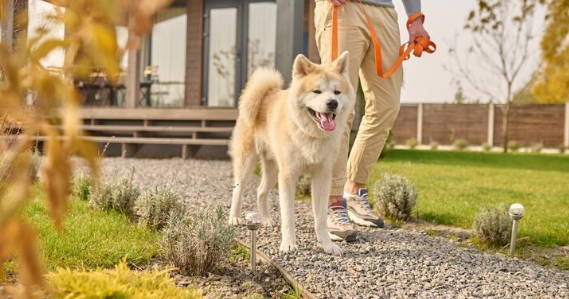Training Tips For Growing Puppies
Puppy raising can be joyful, but also difficult — early behavior influences their entire future. Instilling the beneficial habits early on can prevent issues in the future and create a harmonious relationship between man and pet. Many people find puppy training in NYC that teach discipline, safety, and good behavior to be quite helpful. With the right training, your puppy will grow to be a wonderful dog that easily adjusts to everyday life.

Why Early Training Matters
A puppy’s first few months are crucial for building strong patterns. Training at this age helps them learn their limits, obey basic commands, and learn to socialize correctly. Unaddressed, minor misbehaviors — nipping, barking, chewing — may persist as your dog grows. Owners who provide structure early on with their puppies are equipping them with what they need to develop into calm and attentive adults.
Building Communication Through Consistency
Training is not only about commands. It is also communication. Dogs learn through tone, repetition, and body language. Clear signals are effective when coupled with positive reinforcement to established patterns of learning. It also cuts down on confusion, so your pet will learn to behave in other situations. Gradually, these steps add up to confidence and a closer relationship between puppy and owner.
Addressing Common Puppy Behaviors
Each new puppy presents difficulties. From potty training accidents and leash pulling, these are common and require patience to work through. A structured routine shapes better habits and less frustration. For instance, crate training can create a safe haven while reinforcing limits, and leash training instills discipline during outings on a leash. And like bad habits, they’re things that, when corrected early, don’t tend to grow into bigger problems down the line.
The Role of Socialization
A big part of training is exposing puppies to new environments, people, and other animals. And socializing fosters confidence and respect for others. If it is lacking, dogs can become anxious or aggressive when placed out of their comfort zone. Controlled social encounters help to enable puppies to develop into adaptable, friendly pets that are at ease in various environments.
Lifelong Benefits of Training
The differences that are learned in puppyhood last a lifetime and carry into adulthood. It’s training that helps the pets generate reliable responses and make the daily grind more manageable for pet owners. In addition, it helps your dog to feel safe, happy, and calm. Structured learning isn’t just about keeping house; it’s about maintaining peace in the home.
After all, with puppy training in NYC, first and foremost, you get both a quick fix and long-term peace of mind. With patience, order, and consistency, every puppy will acquire the skills for a well-balanced and happy life.
